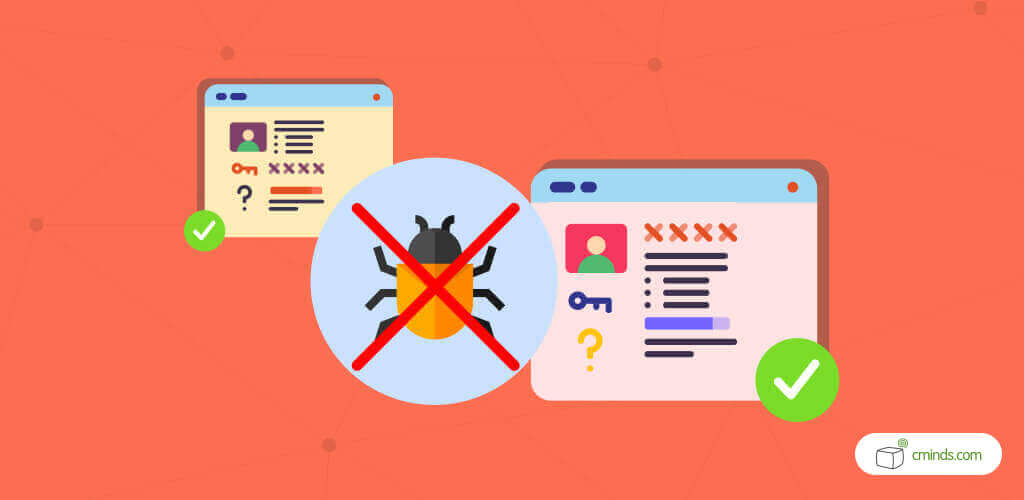Let’s start with the basics to set the scene. Before diving into the potential security threat of a plugin let’s discuss what a WordPress (WP) plugin is and does.
Where they come from and what they do can help understand their vulnerabilities and give you a little perspective on their development. This is essential to figuring out: Can WordPress Plugins Contain Viruses?

Remember that WP is open-source code. Open source means that the code is offered freely under a license that allows for the study, change, and distribution of changes and additions to anyone and any purpose.
This means that anyone can develop an add-on system to WP for a fee without having to ask for permission from the “owners” of WP.

Because WP is open-source any talented (or complete novice) can create an add-on (plugin) and post it for free or for sale. Plugins come in all shapes, sizes, uses, and costs because the WP community is for the most part self-regulating. Plugins add functionality to your site. That functionality is coded not by WP engineers but by computer engineers that have studied the WP code.
April 2025 Offer – For a Limited Time Only:
Get WordPress Essential Security Tools for 20% off! Don’t miss out!
Can WordPress Plugins Contain Viruses? Important Questions
How Vulnerable Are Plugins To Viruses?

At first glance, you would think that a self-regulating community of separate individuals freely offering plugins with no quality control would be rife with security issues and viruses. However, generally, this isn’t the case.
WP Plugin programmers respect the virtues of open source. Generally, any flaws are detected and announced to the community as soon as possible. At any time WP could revoke the open-source license if the operating entity feels that the trust is being taken advantage of.
Granted every piece of software is open to the threat of viruses, malware, and malicious code. However, in a well-regulated community like the WP community, it is seldom that plugins have virus issues.
What Should I Do To Protect Myself?

This doesn’t mean you shouldn’t protect yourself. On the contrary, you should always protect yourself from the code you install and threats trying to attack weak security on your site. Here are a few things to keep in mind when building a WP site:
Trust Your Programmer
If you decide to hire someone to build a plugin or website for you, you need to make sure that the programmer is reputable and trustworthy. CreativeMinds has a good article on how to find a WordPress developer.
Update Everything All The Time
You should never skip an update because you are being lazy or don’t want to do it. Updates often fix security holes or weaknesses that may open you up to vulnerabilities.
Use Security Themes And Plugins
It is always wise to have additional plugins that protect your site from outside attacks and inside threats. Always stay vigilant!
Have A Secure Password

Don’t use anything that resembles an actual word, use numbers, and special characters and overall just be smart about your passwords.
Remember To Set File Permissions
If there is a vulnerability, often it’s via side access through one of the WP folders. You can set permissions to protect against this.
Protect Your Personal Computer
Always remember to protect yourself first! It is always wise to make sure that you are protected. This is a great way to avoid potential threats that come in via plugins or other malicious code.


